Commercial Construction: What You Need to Know
If you’re thinking about a commercial build, you probably have a lot of questions. What makes a project ‘commercial’? How do the costs differ from a house? Which materials keep the building safe? This guide breaks down the essentials in plain English so you can move forward with confidence.
What makes a building commercial?
A building is tagged as commercial when its main purpose is to support business activities – offices, shops, warehouses, schools, clinics, you name it. The key signs are the zoning label, the building code it must follow, and the way the space is used day‑to‑day. Unlike a home, a commercial property often needs bigger floor plates, higher load capacities and more fire‑safety features.
Choosing the right construction type
Commercial projects fall into a few common construction families. Type A uses non‑combustible materials and is the most fire‑resistant – think high‑rise office towers. Type B mixes non‑combustible and some combustible parts, suitable for mid‑rise buildings. Type C and Type 5 lean on wood or light‑frame methods, ideal for smaller shops or warehouses. Picking the right type affects cost, schedule and long‑term maintenance.
Fire safety is a big driver in the decision. Materials like steel and concrete hold up better under heat, while wood frames need extra treatment and fire‑rating approvals. If you’re building a grocery store or a school, the fire‑resistant options are usually required by law. Knowing the local fire code early saves you from redesigns later.
Cost differences are stark. A Type A project can cost double a Type 5 build because of the materials and the engineering work needed. However, the higher upfront spend often means lower insurance and fewer repairs down the road. Budget planners should factor in not just the material price but also the long‑term operational costs.
Don’t forget the garage doors. In a commercial setting they’re more than just an entry point – they affect security, energy loss and even fire spread. Choosing a door with proper insulation and fire rating can cut utility bills and keep the building safer. A reputable garage‑door installer can advise on the right size, material and automated system for your needs.
Common mistakes include skipping the zoning check, under‑estimating the load capacity for equipment, and ignoring the fire‑rating requirements for doors and walls. A cheap shortcut on the door frame can lead to costly repairs or a failed inspection. Always verify that every component meets the local building regulations.
Getting professional help early can make the process smoother. A construction consultant will map out the right type, run cost simulations and flag any code issues before you break ground. Pair that with a specialist garage‑door service, and you’ll have both the structure and the entry points covered.
Bottom line: commercial construction is a blend of purpose, code, material choice and budget. Start with a clear picture of how the space will be used, pick the construction type that matches that use, and don’t overlook the doors that protect it. With the right plan and the right experts, your project can stay on schedule, on budget, and safe for years to come.

What Does Commercial License Mean in Construction?
Feb 15, 2026, Posted by Damon Blackwood
A commercial license in construction is a legal permit required to build or modify structures for business use. It ensures safety, accessibility, and code compliance. Without it, projects face fines, shutdowns, or legal liability. Know the difference between commercial and residential permits.
MORE
What Is the Difference Between Commercial and Non-Commercial Construction?
Feb 9, 2026, Posted by Damon Blackwood
Commercial construction follows strict rules for business use, while non-commercial building serves personal or public needs with fewer regulations. Understand the key differences in codes, permits, funding, and safety to avoid legal and safety risks.
MORE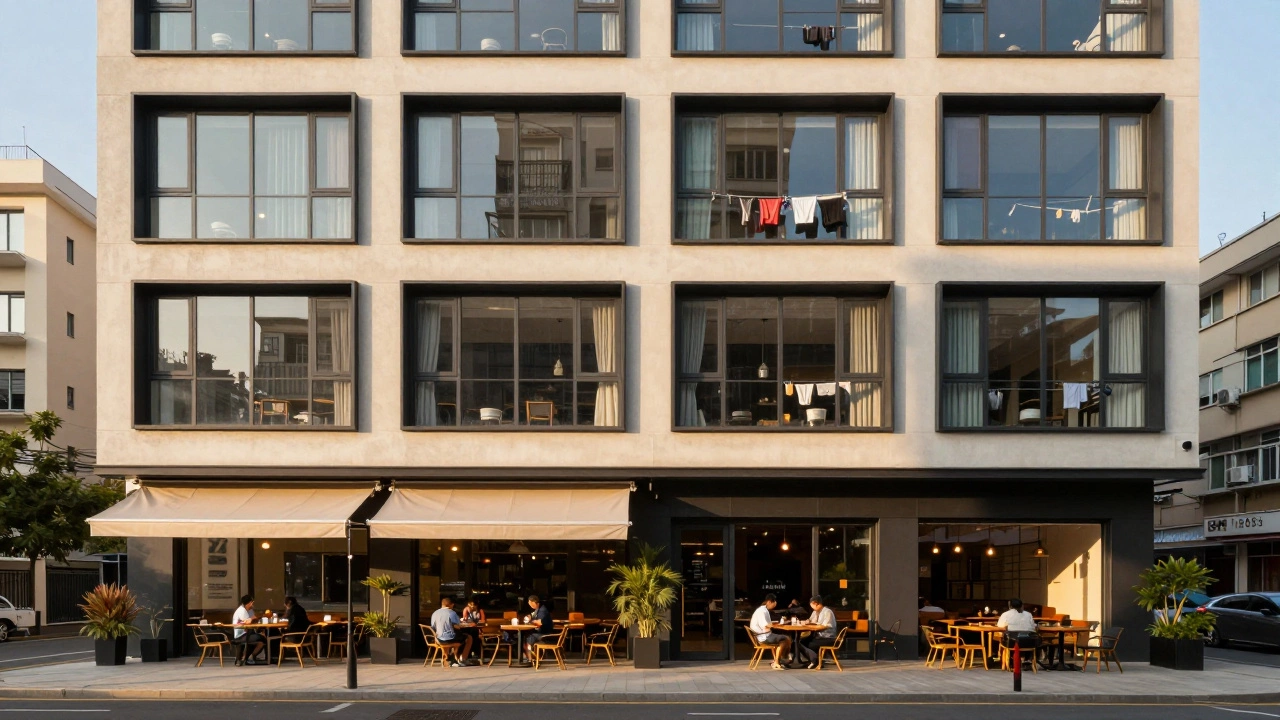
What Is Classified as Commercial Construction?
Feb 8, 2026, Posted by Damon Blackwood
Commercial construction includes buildings designed for business use like offices, retail spaces, and warehouses-not homes or personal residences. Learn what qualifies and why misclassification can lead to costly mistakes.
MORE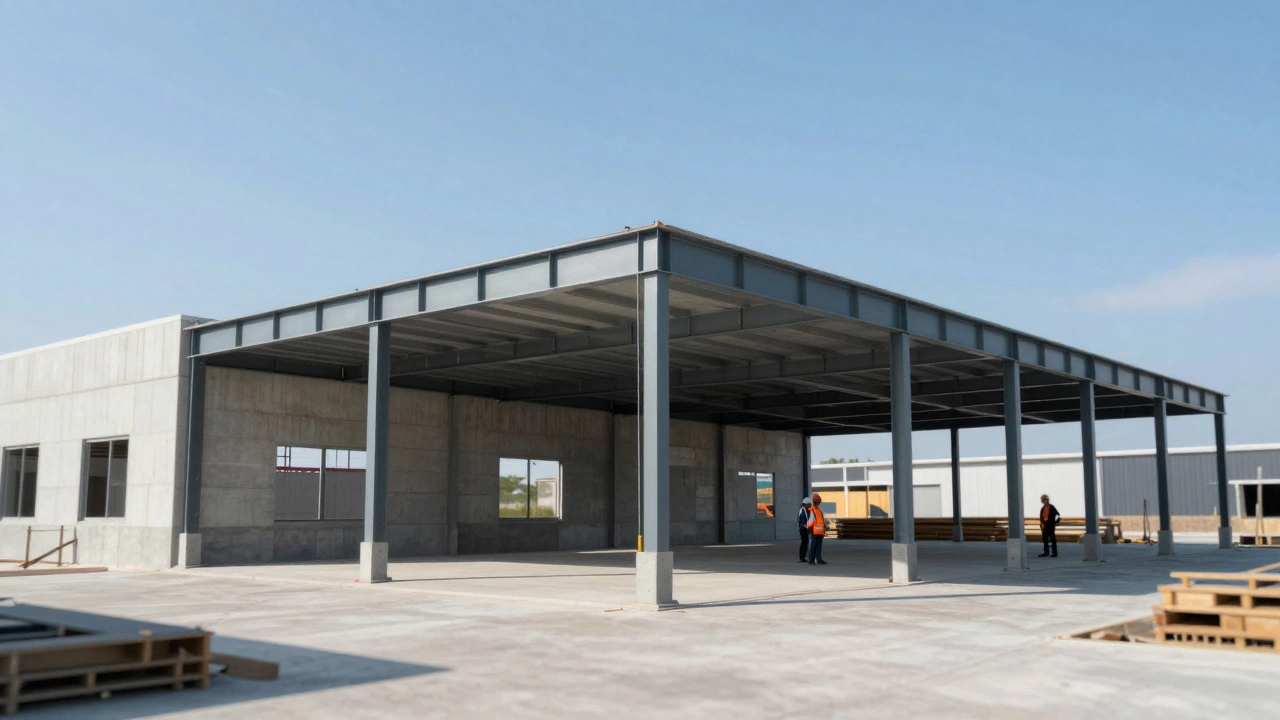
What is Type D Construction? A Simple Guide for Commercial Projects
Jan 15, 2026, Posted by Damon Blackwood
Type D construction doesn't exist in modern building codes. Learn what people really mean when they say it, and how to identify the actual construction type for commercial projects using the correct Type I-V system.
MORE
What Is the Difference Between Commercial and Industrial Construction?
Jan 12, 2026, Posted by Damon Blackwood
Commercial construction is for offices, stores, and hotels-focused on people and aesthetics. Industrial construction is for factories and warehouses-built for heavy machinery and durability. Know the difference before you start building.
MORE
What Are the Methods of Commercial Construction?
Jan 8, 2026, Posted by Damon Blackwood
Learn the main methods of commercial construction - design-build, construction management, modular, and more - and how to pick the right one for your project. Understand costs, timelines, and modern trends in 2026.
MORE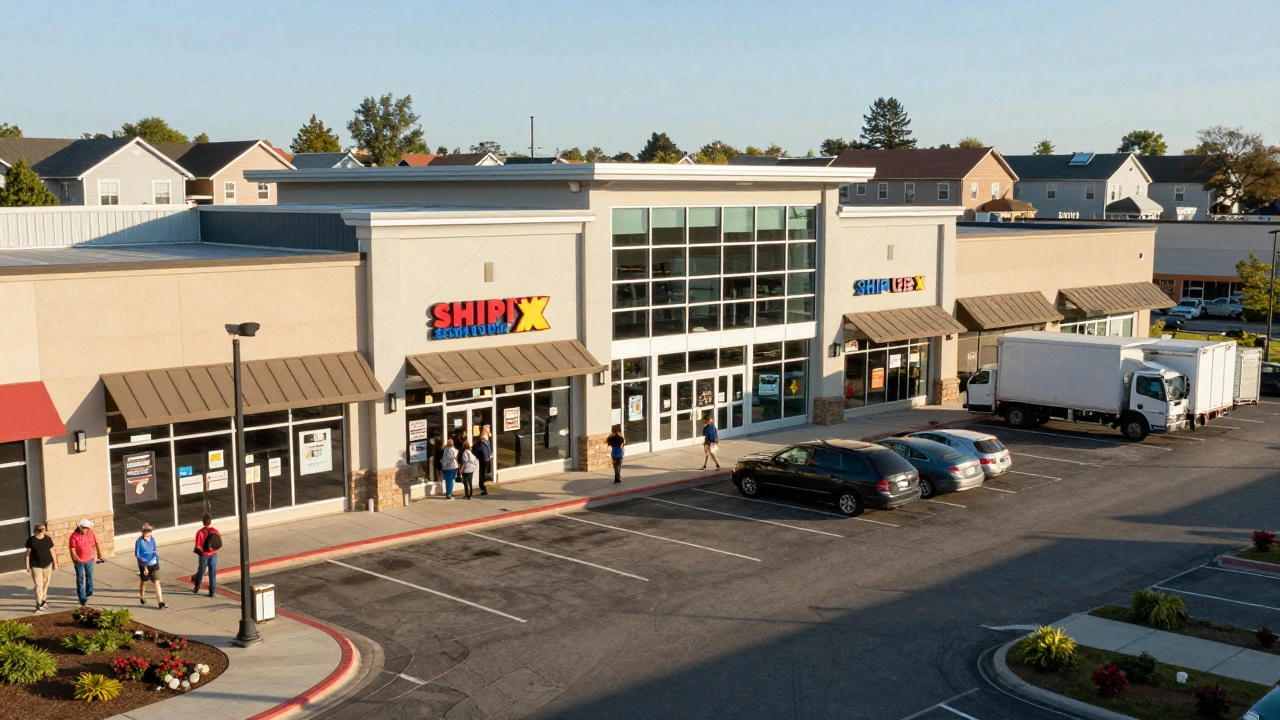
What Defines Being Commercial in Construction?
Dec 28, 2025, Posted by Damon Blackwood
Commercial construction is defined by use, zoning, building codes, and operational demands-not just ownership or size. Learn what makes a building truly commercial and why it matters for developers and investors.
MORE
What Does Civil Construction Include? A Clear Breakdown of Key Components
Dec 21, 2025, Posted by Damon Blackwood
Civil construction includes roads, bridges, water systems, sewage networks, and public transit - the essential infrastructure that keeps cities running. It’s not about buildings, but the systems behind them.
MORE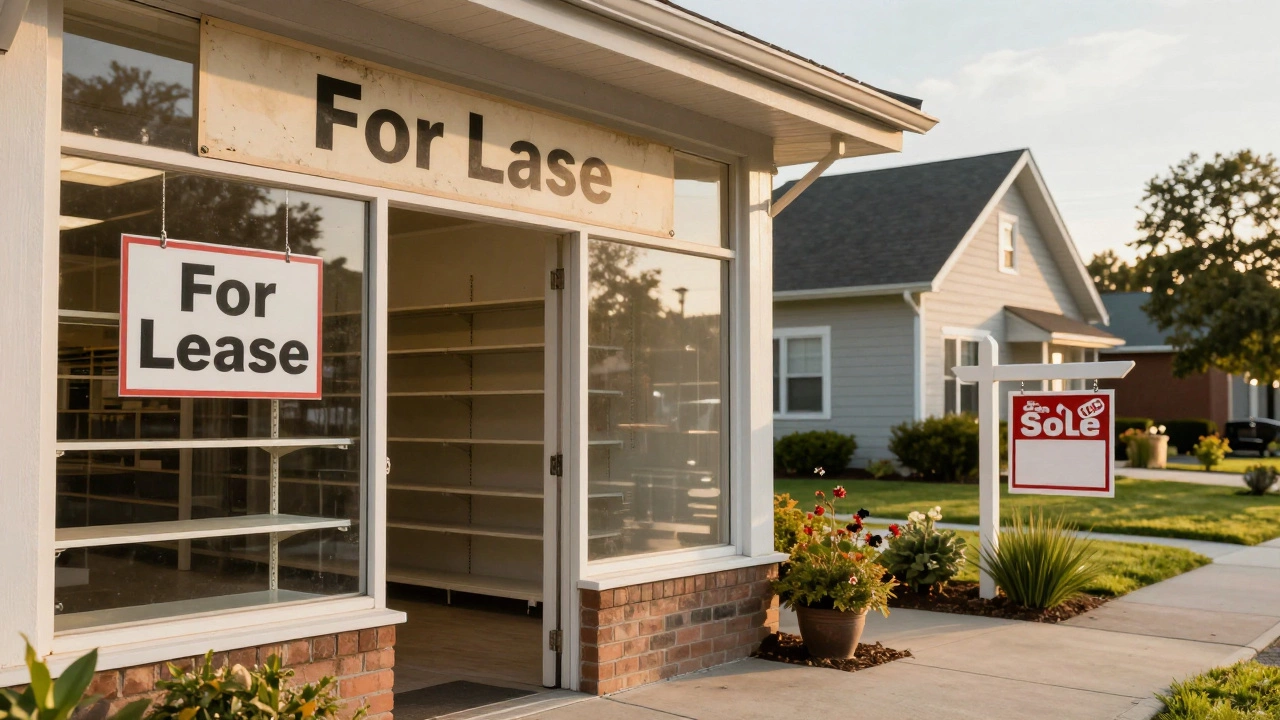
Why Commercial Mortgage Rates Are Higher Than Residential
Dec 4, 2025, Posted by Damon Blackwood
Commercial mortgage rates are higher than residential because of greater risk, shorter loan terms, unpredictable income, and lower liquidity. Learn why businesses pay more and how to get better terms.
MORE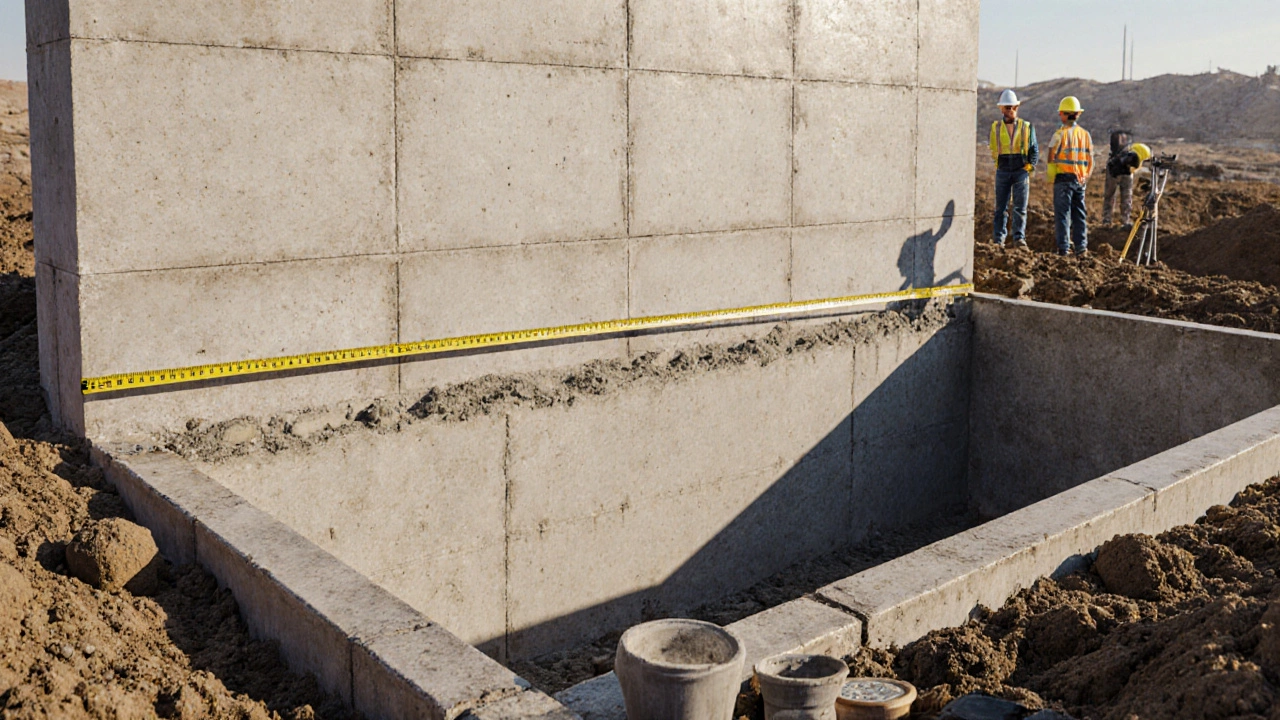
What Is the 1:3 Rule in Construction?
Nov 17, 2025, Posted by Damon Blackwood
The 1:3 rule in construction ensures structural stability by requiring footings to be three times wider than the wall height they support. Essential for commercial buildings, it prevents settling and cracks by evenly distributing load into the ground.
MORE
Commercial vs Residential Construction: Which Is Better?
Oct 14, 2025, Posted by Damon Blackwood
Compare commercial and residential construction on cost, timeline, regulations, ROI and risk. Get a clear checklist, table and FAQ to decide which path fits your goals.
MORE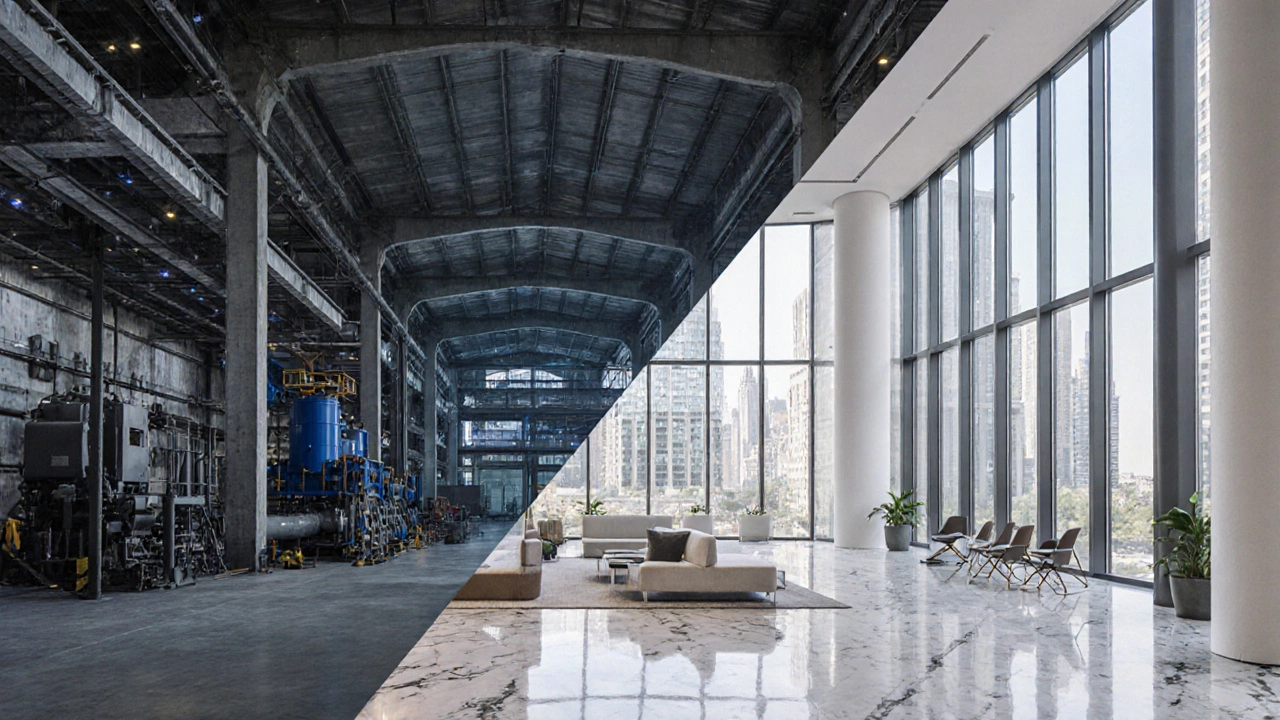
Industrial vs Commercial Construction: Are They the Same?
Oct 9, 2025, Posted by Damon Blackwood
Explore the differences between industrial and commercial construction, covering purpose, regulations, costs, timelines, and how to pick the right contractor.
MORESEARCH HERE
Categories
TAGS
- foundation repair
- commercial construction
- construction
- new builds
- home improvement
- home renovation
- bathroom renovation
- construction materials
- residential construction
- building codes
- home foundation
- building types
- renovation tips
- construction differences
- contractor
- building materials
- foundation cracks
- home construction
- architectural services
- building contractor